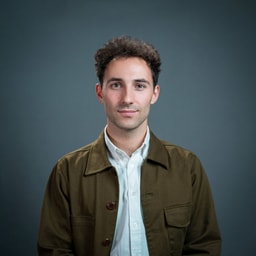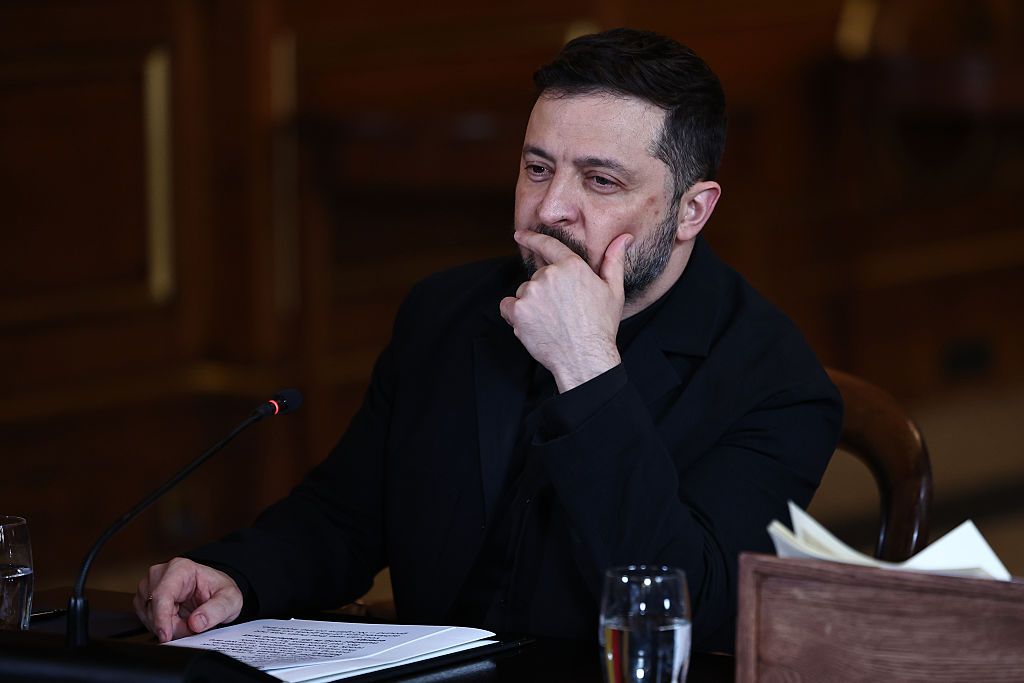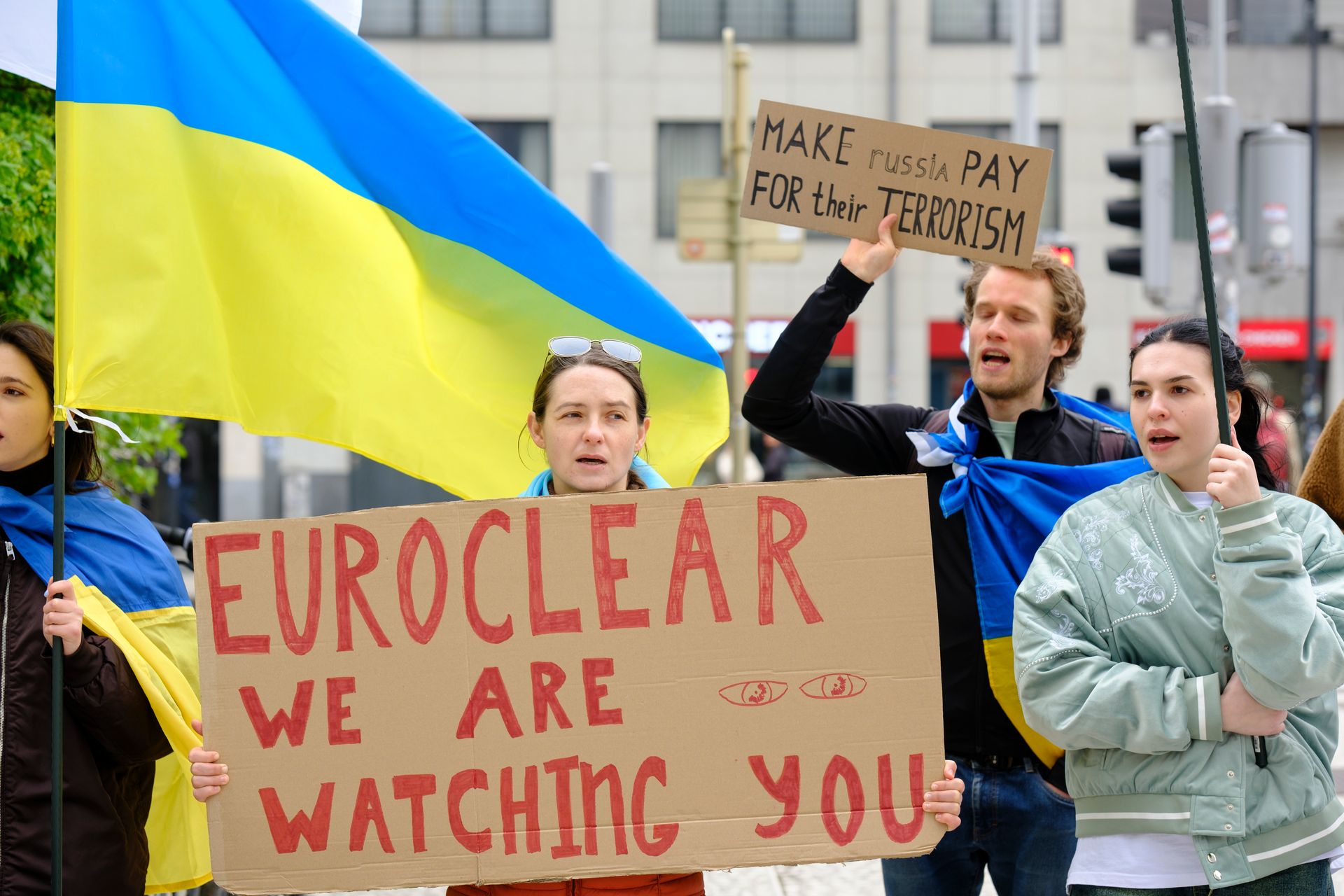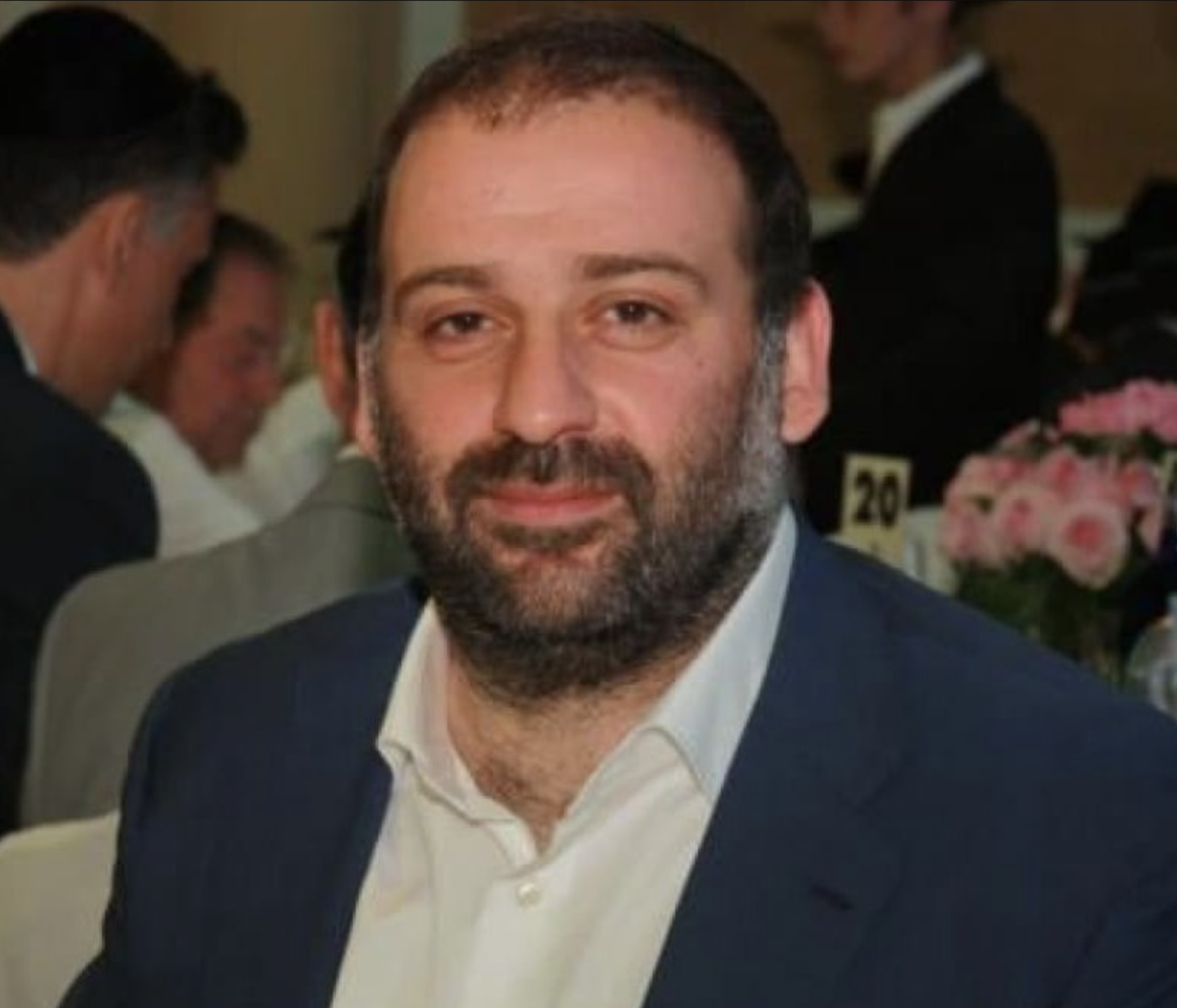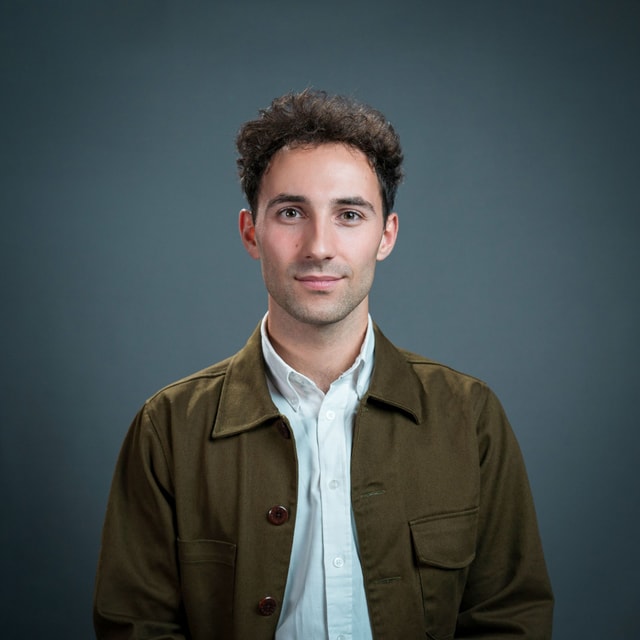'Justice prevails' as Ukrainian oligarchs ordered to pay $3 billion in decade-old PrivatBank case

Get more news like this directly to your inbox every week by subscribing to our Ukraine Business Roundup newsletter.
A London court ordered Ukrainian oligarchs Ihor Kolomoisky and Hennadiy Boholyubov to pay more than $3 billion in damages and costs on Nov. 10, marking a major milestone in an almost decade-long saga revolving around once Ukraine's most powerful oligarch.
The decision concerns a case involving Ukraine's largest bank, PrivatBank, which the two oligarchs owned before it was nationalized in 2016 after the central bank discovered a $5.5 billion hole in its balance sheet. The case was widely seen as a test of Ukraine's commitment to anti-corruption and institution-building in the post-EuroMaidan Revolution era.
The court ordered Kolomoisky and Boholyubov to pay the sum by Nov. 24, 2025, with further interest accruing if they fail to pay, according to a PrivatBank statement. The bank will likely start the process of involuntary recovery using the oligarchs' frozen assets if no payment is made.
The pair, who denied the charges and did not appear in court to give evidence at any stage of the eight-year legal proceedings, could appeal, but it would likely be challenging.
"Justice has finally prevailed," Valeria Gontareva, governor of Ukraine's central bank from 2014–2017 and a key figure behind the case, told the Kyiv Independent in a written message, adding that she welcomed the court's decision.
PrivatBank, used by over 70% of Ukrainians, was nationalized after investigators discovered a $5.5 billion hole in its balance sheet related to fraudulent lending. The bailout cost Ukraine 5% of its gross domestic product, ranking among Europe's largest bank failures.
PrivatBank launched proceedings against Kolomoisky in 2017 to recover the funds, in a complex and expensive legal strategy involving several Ukrainian state institutions, international consultancies, and law firms.
The bank's nationalization was the key linchpin of a wider cleanup of Ukraine's banking system, spearheaded by Governor Gontareva following the EuroMaidan Revolution in 2014.
In three years, around half of Ukraine's banks were declared insolvent and shut down, and the central bank was completely reformed.
"This is the result of 11 years of intense work. The bank identified these crimes in 2014 when I arrived as governor," Valeria Gontareva said.

PrivatBank waged the legal battle in English courts over fears that Kolomoisky's immense sway in Ukrainian society would affect the outcome in Ukraine.
PrivatBank said that it was "delighted" in a statement.
"(The sum) vindicates (PrivatBank's) decision to pursue these proceedings against Kolomoisky and Boholyubov over many years and in the face of significant challenges to ensure that they would be held liable for their fraudulent actions," it read.
Long road to justice
Alfredo Bello, senior advisor at Alix Partners and a key architect of PrivatBank's legal strategy in the case, told the Kyiv Independent that it is hard to understate how "extraordinarily difficult" putting together this case was.
"Taking on Kolomoisky was not something that many people wanted to do," Bello told the Kyiv Independent.
"The legal strategy had to be comprehensive, grand, and unfortunately expensive. This was essential to make sure that the case was as watertight as possible, to ensure that Kolomoisky didn’t get away with it," Bello said.
The complex legal strategy was of a magnitude unprecedented in Ukraine's history, involving multiple international and local lawyers and other advisors.
It also required coordination between various institutions, including the Finance Ministry, National Bank of Ukraine, the Deposit Guarantee Fund, and PrivatBank itself.
"Coordination across these diverse institutions was challenging," according to Bello, who highlighted that despite occasional tensions, state institutions pulled together to pursue the case.
During legal proceedings, the court concluded that both Kolomoisky and Boholyubov had not engaged with the proceedings in good faith.
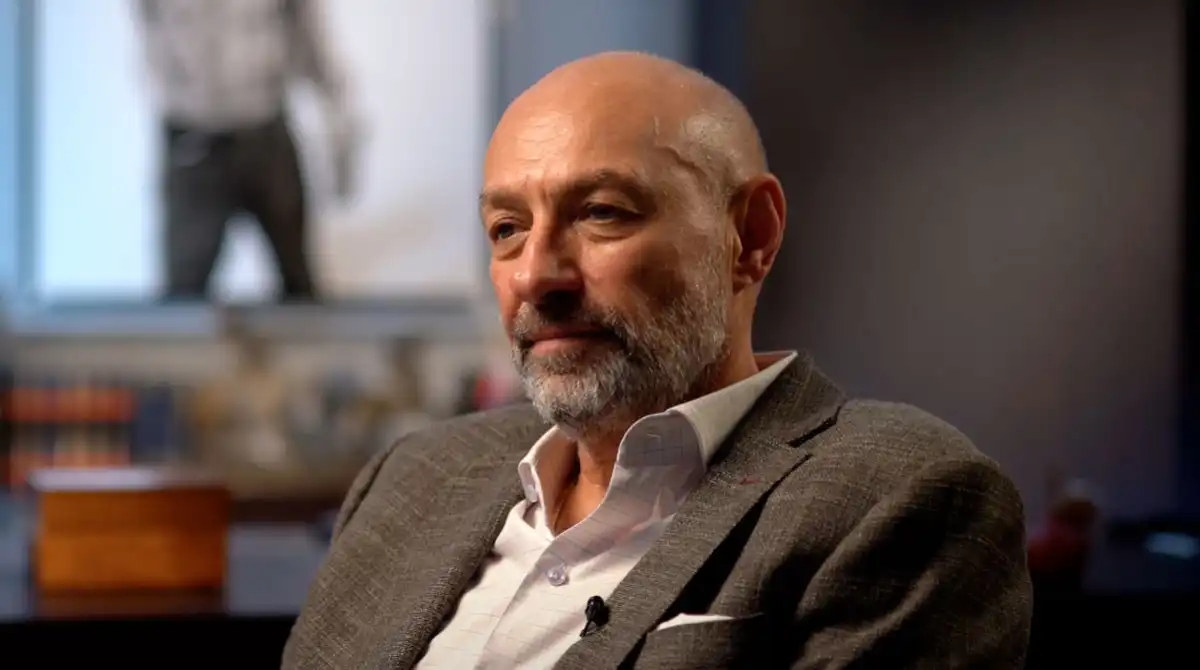
Court documents state that Kolomoisky threatened Kateryna Rozhkova, a top central bank official involved in PrivatBank's nationalization, including by organizing a "threatening protest outside her home while her eight-year-old daughter was also in the house."
Boholyubov used misleading documents to seek to distance himself from the fraud, according to Mr Justice Trower, the presiding judge.
In yesterday's ruling, Trower held that "the defendants' cases were inherently incredible and built on deliberate lies," and that Bohoyubov’s attempt to distance himself from the fraud was seriously misleading and dishonest."
Both Kolomoisky and Boholyubov were found to have put forward "a case which sought to mislead the court."
Kolomoisky and Boholyubov's assets, worth approximately $2.5 billion, were subject to a worldwide freeze in 2017.
"The question remains as to (...) how quickly PrivatBank's management will be able to confiscate these assets to pay off the debt," Gontareva told the Kyiv Independent.
PrivatBank's history
Kolomoisky and Boholyubov founded Dnipro-based PrivatBank in 1992, and have consistently been ranked as two of the four richest men in Ukraine.
It grew to be Ukraine's biggest bank through offering sleek online banking services, amassing a large customer base and deposits, which were then siphoned off and laundered overseas, according to the court ruling.
At one time, Kolomoisky's power was said to eclipse that of the president.
At his peak, he controlled Ukrtatnafta oil company, DniproAzot, a major chemical company, Nikopol Ferroalloy Plant, Ukraine International Airlines, the country's biggest, 1+1 Media Group, which operated eight TV channels, and a number of other plants, factories, and other businesses.
Kolomoisky was allegedly a key backer of Zelensky in the 2019 presidential election, and used his mainstay television channel to broadcast Zelensky's announcement that he would run for president on New Year's Eve, a slot usually reserved for the incumbent president's annual address.

But once in office, Zelensky distanced himself from Kolomoisky and pursued de-oligarchization laws. In 2023, Kolomoisky was charged with fraud and money laundering and arrested, and has been held in pre-trial detention ever since.
Kolomoisky is the wealthiest businessman to have landed behind bars in Ukraine's independent history.
According to Ukrainska Pravda, Boholyubov currently lives in Austria after allegedly fleeing Ukraine in 2024.
